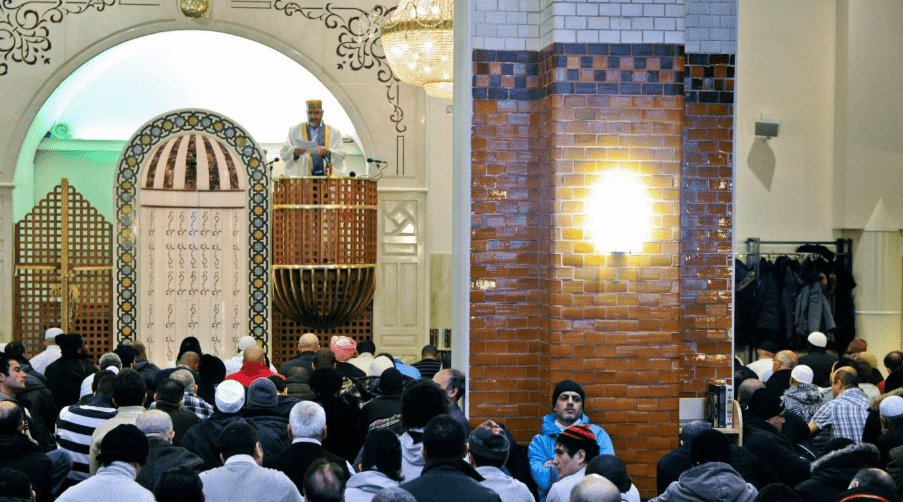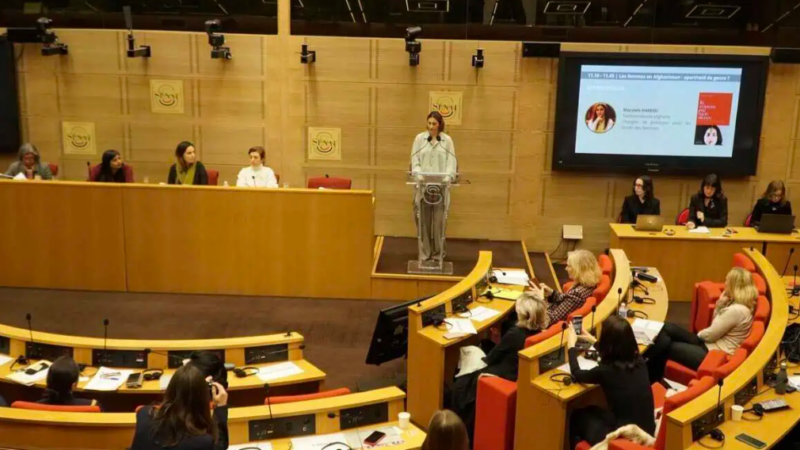Muslim nations protest Sweden’s burning of the Quran.

While Saudi Arabia, Egypt, Iraq, and numerous other states condemn the provocative gesture, Morocco recalls its ambassador to Stockholm.
Saudi Arabia, Iran, Iraq, Turkey, the United Arab Emirates, and Egypt are just a few of the Muslim-majority nations who denounced the Quran’s burning in Sweden on Wednesday during the Eid-al-Adha holiday.
Following the event in Stockholm, Morocco summoned Sweden’s chargé d’affaires in Rabat to express its “strong condemnation of this attack and its rejection of this unacceptable act” and recalled its ambassador to Sweden.
The Swedish ambassador was also summoned by the UAE in protest. Jordan, a neighboring country, as well as Iraq summoned Sweden’s senior ambassadors.
The sacred book was torn up, trampled on, and set on fire outside the biggest mosque in the Swedish capital by Salwan Momika, a 37-year-old Iraqi resident of Sweden.
Momika was given permission to do the offensive act by Swedish authorities, and she did it in the presence of many police officers. Despite permitting it on the grounds of free speech, Swedish police subsequently opened an inquiry on the grounds of “agitation”.
The foreign ministry of Iraq said that these acts “inflame the feelings of Muslims throughout the world and represent a dangerous provocation for them.”
Numerous Moqtada al-Sadr supporters temporarily invaded the Swedish embassy’s grounds in Baghdad in the afternoon but failed to penetrate the building. After security personnel were called in, the demonstrators quickly dispersed while still holding up photographs of Sadr and chanting his name.
The day prior, the Swedish embassy workers received a warning, and only security personnel were on duty.
No one was hurt, and no damage was done, according to the Middle East Eye reporter in Baghdad. Friday demonstrations have been scheduled by Sadr and other political figures.
In the meanwhile, Kuwait urged for the prosecution of those responsible for such “hostile acts,” while Egypt branded it a “disgraceful act provoking the feelings of Muslims.”
It was referred to as a “assault on the core of our Islamic faith” by the Arab League, an international organization that represents Arab-speaking nations in the Middle East and Africa.
Saudi Arabia, Syria, the Palestinian foreign ministry, and the 57-member Organisation of Islamic Cooperation all expressed their criticism as well.
Following the burning of the Quran in January and an hour-long tirade against Islam and immigration in Sweden by far-right Danish-Swedish political activist Rasmus Paludan, demonstrations broke out across Muslim nations.
In March, Paludan’s entrance into the UK was refused when he said he intended to burn the Quran in Wakefield, an English town.






